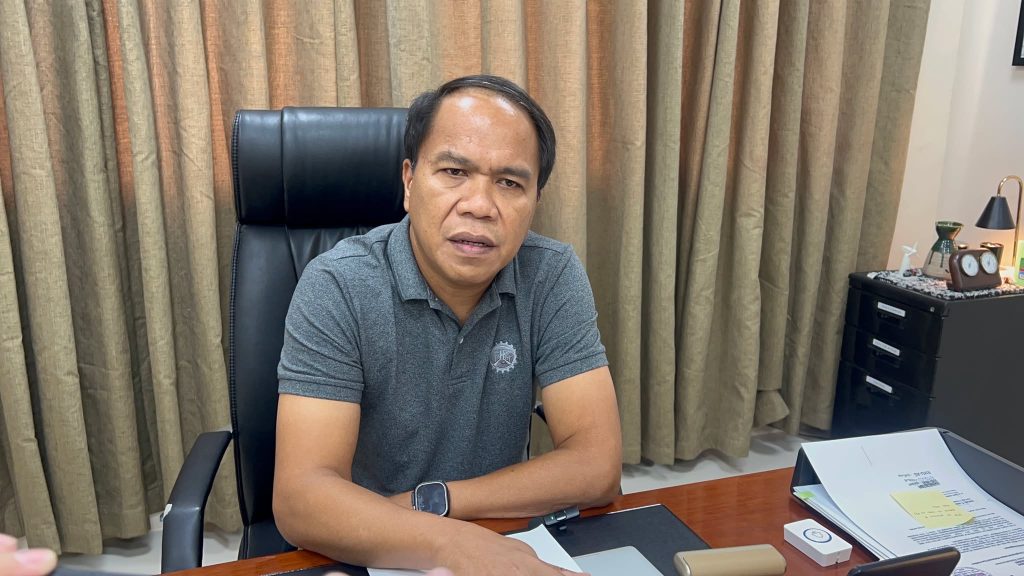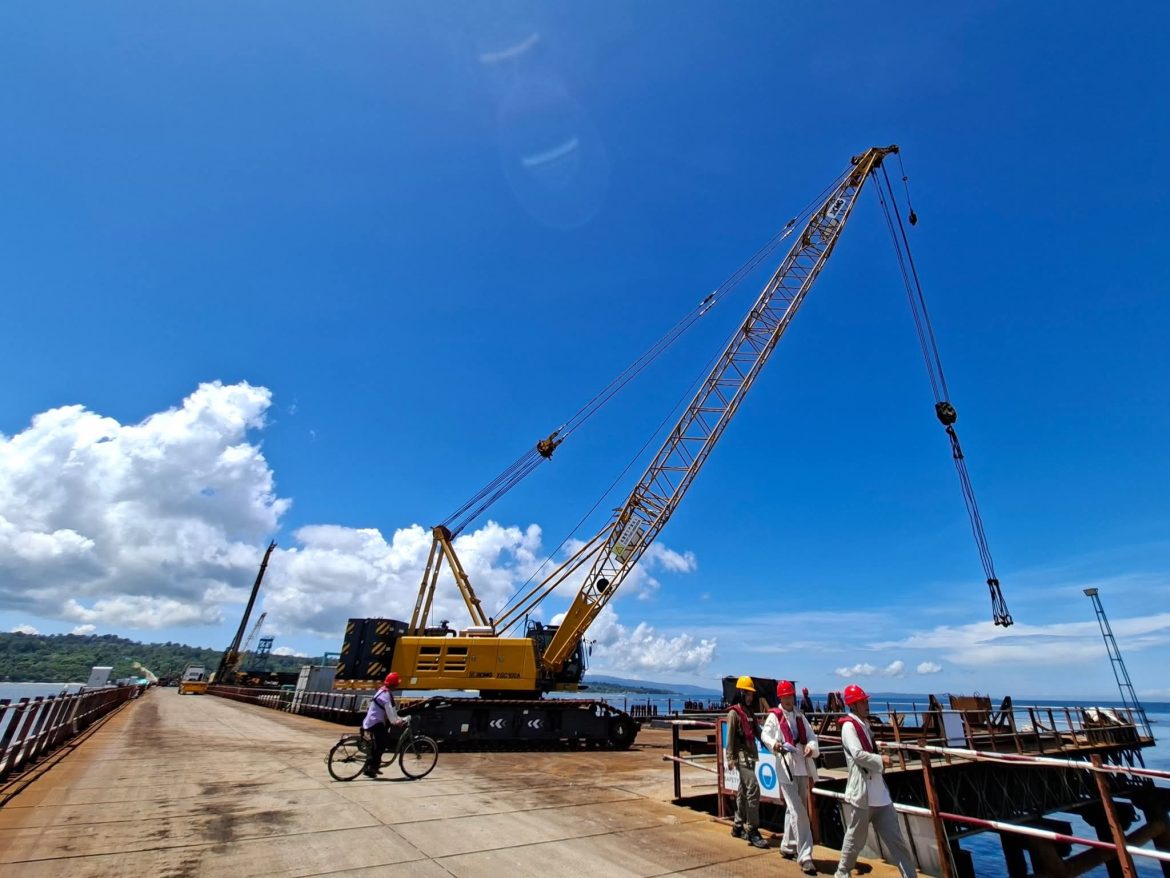- DPWH has yet to receive court order to halt Samal Bridge project: official
THE CONTRACTOR has not stopped construction of the controversial Samal Island-Davao City Connector Bridge Project despite the Supreme Court’s issuance of a writ of kalikasan on Monday, July 1, seeking to halt the project due to environmental concerns.
In an interview on Wednesday, July 2, Department of Public Works and Highways XI spokesperson Dean Ortiz affirmed their commitment to the judicial process. Presently, they are awaiting official receipt of the writ and any subsequent court orders before suspending current operations.
“We will abide by the instruction of the Supreme Court to respond within 10 days upon receipt of the Writ,” Ortiz stated.

When asked if the Central Office had received any order for a temporary stoppage of the project, Ortiz confirmed that as of their latest communication with a project engineer, “the department has not yet received a copy of the writ.”
He further emphasized that the issuance is “actually a writ of kalikasan pa lang” and that “the court has to decide on that.” He reiterated, “As of now, we have not received any instructions coming from the court to suspend or stop the project, so we will continue. We have not received a TRO for that matter, and the project will continue.”
A writ of kalikasan is a legal remedy under Philippine law that protects one’s right to a healthy environment, as outlined in Section 16, Article II of the Philippine Constitution, which states that the “state shall protect and advance the right of the people to a balanced and healthful ecology in accord with the rhythm and harmony of nature.
He expressed hope for the project’s continuation despite the recent legal challenge. “For our part, we are confident that we have applied every existing guideline for protecting the environment while the project is ongoing. In fact, the DENR issued an Environmental Compliance Certificate (ECC), and that is more than enough for us to proceed with the project, as long as we continue to abide by the guidelines,” Ortiz further explained.
Ortiz explained that the bridge project falls under the Unified Project Management Office (UPMO) of the DPWH Central Office.
“So, the role of the regional office here is just to monitor the project,” he said, adding, “The UPMO will be the one to respond.”
“As of now, we are significantly ahead of our projected accomplishment,” Ortiz stated. “We are currently at 38.07 percent, while our target for this period was only 16.24 percent. This means we are 21.84 percent ahead of our projected accomplishment for the duration of the construction.”
Ortiz emphasized the project’s rapid progress. “We are way ahead on track; our work is progressing rapidly. Should this project be halted, it would result in a significant waste of time and resources. It would have a huge adverse impact on us if we reach that point.”
The Supreme Court En Banc, during its session on Monday, July 1, 2025, issued the Writ of Kalikasan in response to a petition filed by Carmela Marie Santos, Mark Peñalver, and the Sustainable Davao Movement. The petitioners argue that the bridge project will cause “actual, serious, and irreversible damage” to critical marine ecosystems, specifically coral reefs in Paradise Reef, Samal Island, and the Hizon Marine Protected Area in Davao City.
Named as respondents in the writ are the Department of Public Works and Highways, the Department of Environment and Natural Resources, the Samal Island Protected Landscape and Seascape Protected Area Management Board, and the China Road and Bridge Corporation, the project’s contractor.
The SC has required these respondents to file a verified return on the petition within 10 days from the service of the writ. Furthermore, the Supreme Court has referred the petitioners’ prayer for a Temporary Environmental Protection Order (TEPO), which would immediately halt construction, to the Court of Appeals–Cagayan de Oro station for action. The decision on the TEPO now rests with the Court of Appeals.

